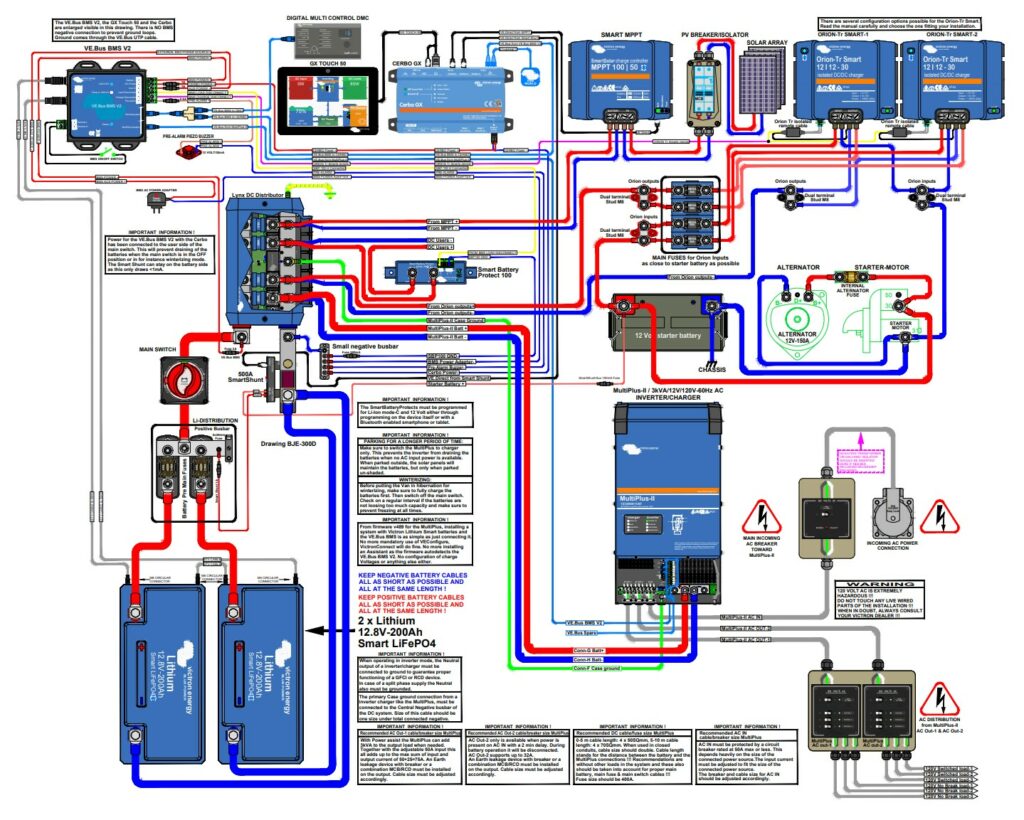What is an ampere hour in batteries?
Electricity is a fundamental force that powers our modern world. From lighting our homes to charging our cell phones, we depend on it for almost everything. One of the most essential units that helps measure and understand this energy is the ampere hour (Ah).
Ampere Hour History
The concept of ampere hours did not emerge overnight. During the electrical revolution, scientists and engineers needed a way to quantify electricity to develop, test and compare innovations. Thus the idea of the ampere hour was born, providing a standardized unit that could be used worldwide.
What exactly is the Ampere Hour?
In simple terms, the ampere-hour measures the amount of electricity a battery can store and, therefore, how much it can supply. It is a unit that combines electric current (amps) with time (hours). Thus, if a battery has a capacity of 1 Ah, it can supply a current of 1 ampere for one hour or 0.5 amps for two hours.
Ampere Hour daily applications
Whenever you buy a battery for a device, be it a cell phone, camera or toy, you are likely to compare its capacity, often labeled in milliamp hours (mAh), which is one thousandth of an Ah. This is a practical application of the ampere-hour concept in everyday life.
The Role of the Ampere Hour in Solar Energy
With the growing popularity of green energy solutions, solar batteries, which store energy from the sun, have become essential. The capacity of these batteries, and how long they can power a home, is measured in amp hours. So, if you're considering a solar power solution for your home, you're likely to find yourself crunching the numbers with amp hours.
The Science Behind the Ampere Hour
Electricity is produced when electrons flow from one point to another. The rate of this flow is measured in amperes. So how do hours come into play? Well, it's simple: hours are a measure of how long this current flows. Therefore, the ampere hour is a measure of the total electrical charge flowing during a specific period of time.
The Future of Energy Storage and the Ampere Hour
As we move toward a greener, more sustainable future, the need for efficient, high-capacity batteries continues to grow. We are seeing innovations in battery technology almost daily. From lithium-ion batteries to promising new technologies like solid-state batteries, the future is bright. And, of course, the ampere hour will continue to be the standard unit for measuring capacity.
Conclusions
The ampere hour is more than just a unit in a textbook. It is an essential tool that helps us understand and use electricity more efficiently. Whether you're looking for the best battery for your new device, trying to understand how much energy your solar panel can store, or simply seeking to better understand the world around you, the ampere hour is essential.










